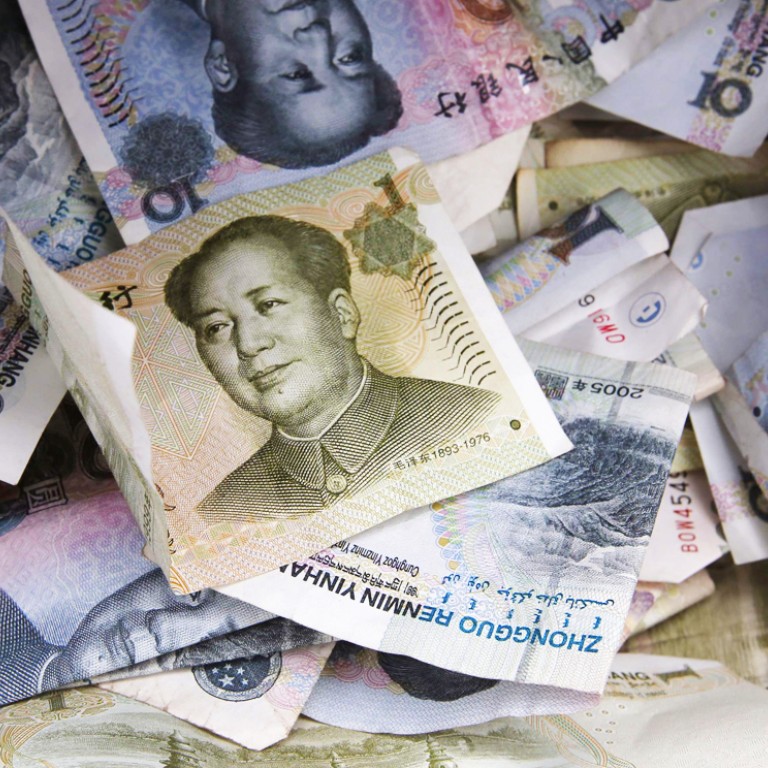
China's currency deserves to play a greater global role
China's bid to join the global reserve currency club later this year may signal another financial-cum-diplomatic showdown with the United States.
China's bid to join the global reserve currency club later this year may signal another financial-cum-diplomatic showdown with the United States.
Like the fight with Washington over the Asian Infrastructure Investment Bank, Beijing has the support of major Western economies to include the yuan, also called the renminbi, in the basket of major world currencies operated by the International Monetary Fund. Called special drawing rights, these are quasi-money composed of major currencies used by the IMF in its reserves. Economies under stress or undergoing a crisis may draw on such rights to resolve temporary liquidity problems.
Washington has argued the yuan, because it is still not fully convertible, is not ready for inclusion. After his late March visit to Beijing, US Treasury Secretary Jack Lew said the yuan would not qualify without further economic reforms, such as the liberalisation of China's capital account and its exchange and interest rates, among other things. Lew's objections are not just economic but political: they should be seen in the context of Washington's failed bid to prevent allies from joining the AIIB. For one thing, China and its Western supporters have argued, rightly, that "freely usable" - the criterion for SDR inclusion - does not mean "fully convertible". More than 60 central banks already hold the yuan in their reserves; 23 states have currency swap lines with China's central bank and more than a dozen offshore clearing centres now accept the yuan.
It may well be in China's long-term interest to liberalise its currency as the US demands. In that case, there may be a grand bargain for China to accept a strong yuan - against its current advantage with exports - as the price of admission into the IMF's reserve basket. Alternatively, China may play hardball and use the AIIB to force Washington's hand as it plans to use the yuan as a key component in the basket of currencies for the new bank's own reserves. As major Western economies have already sought bank membership, that will add to pressure on Washington to relent over the IMF.

